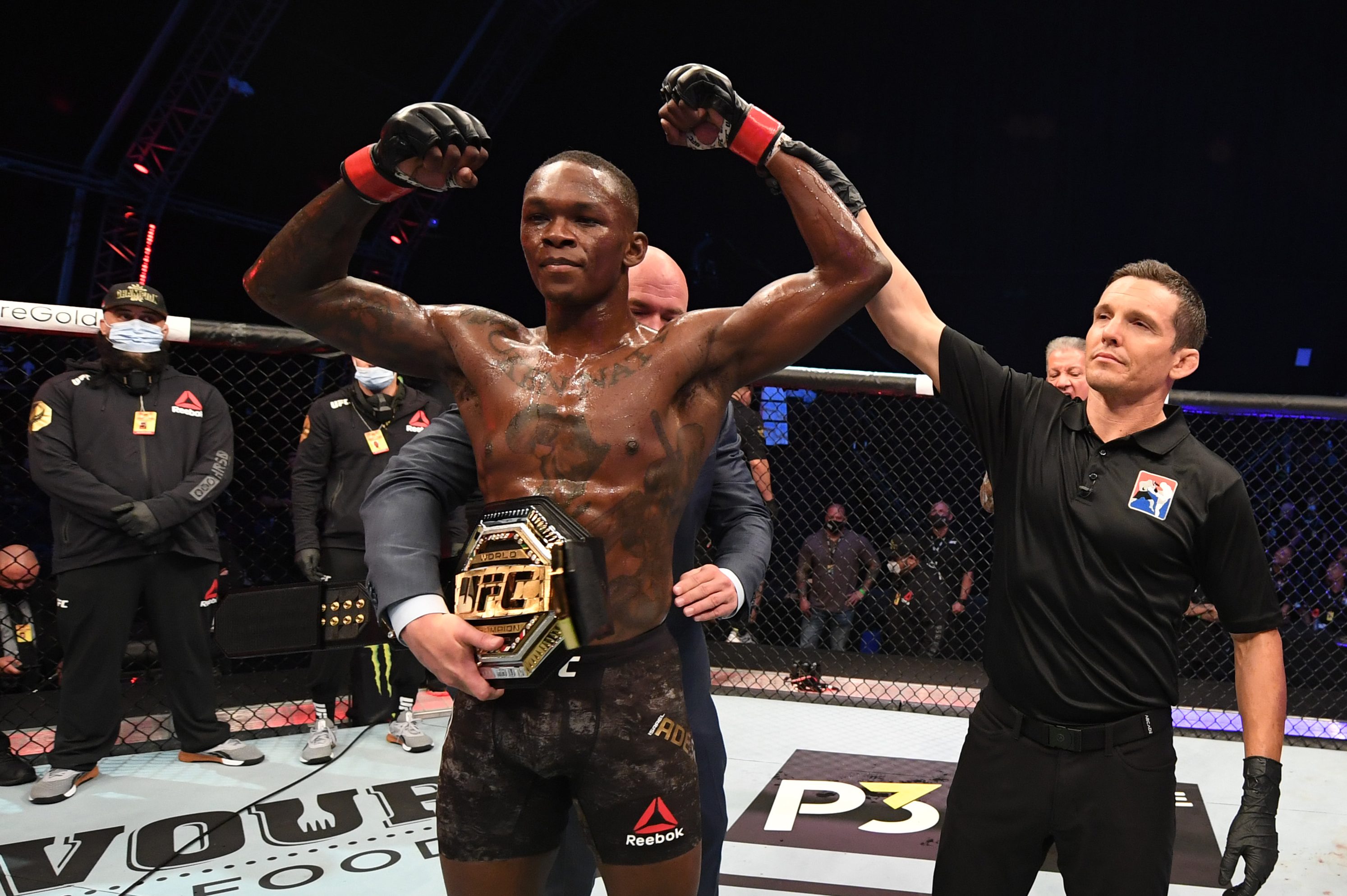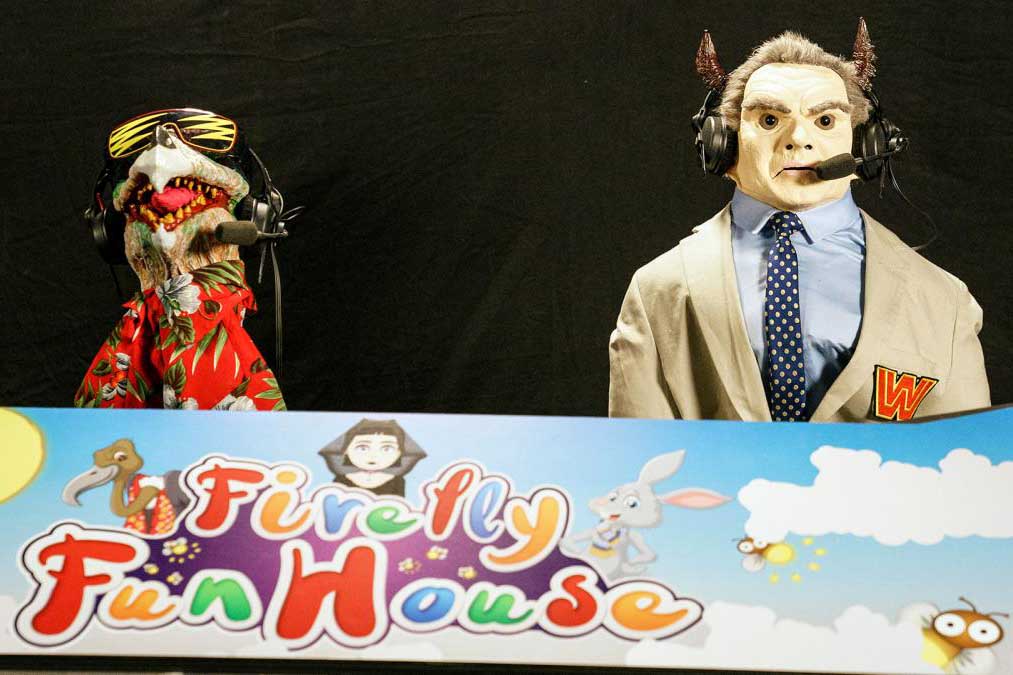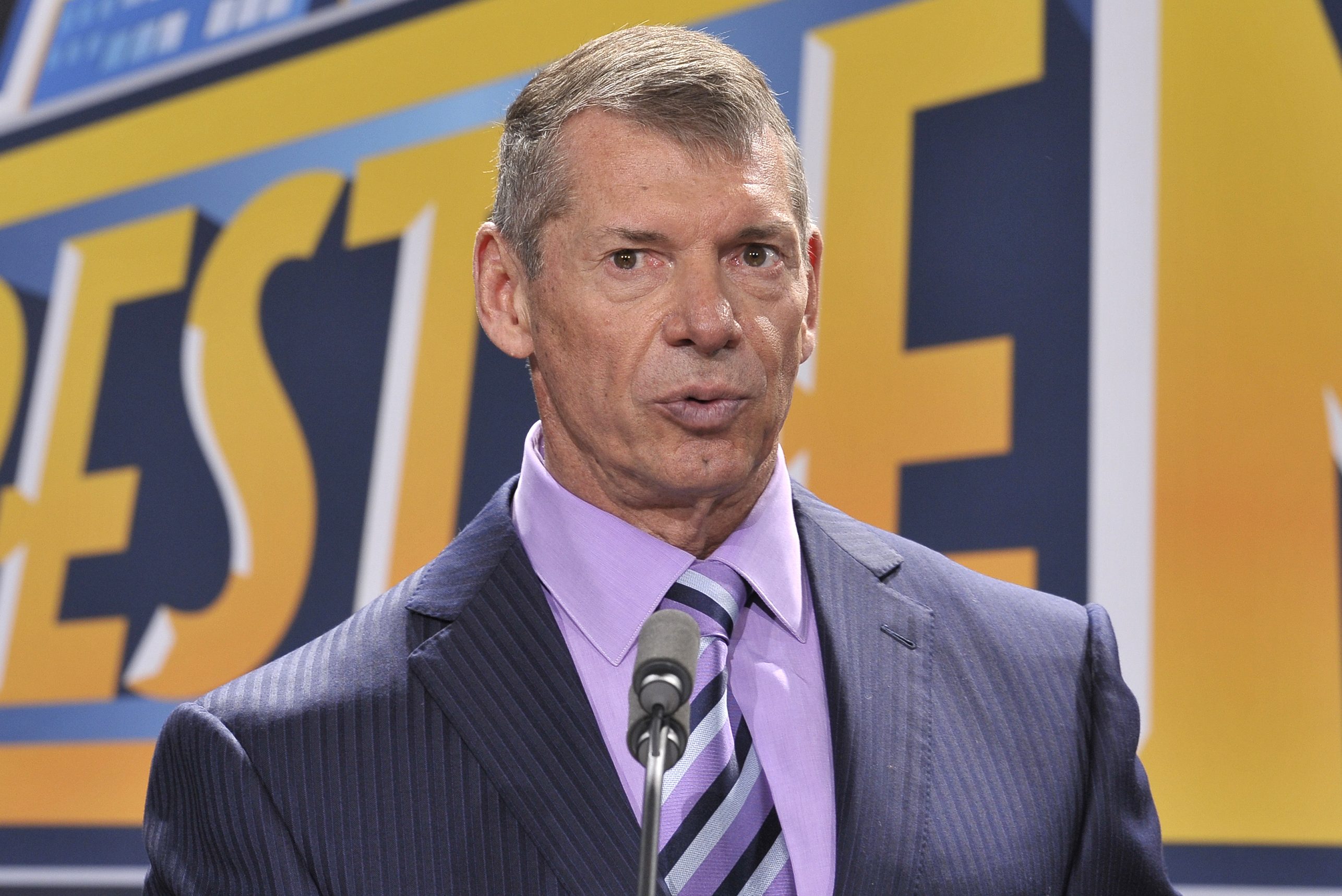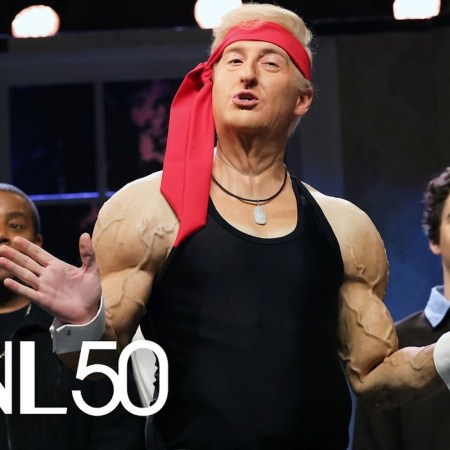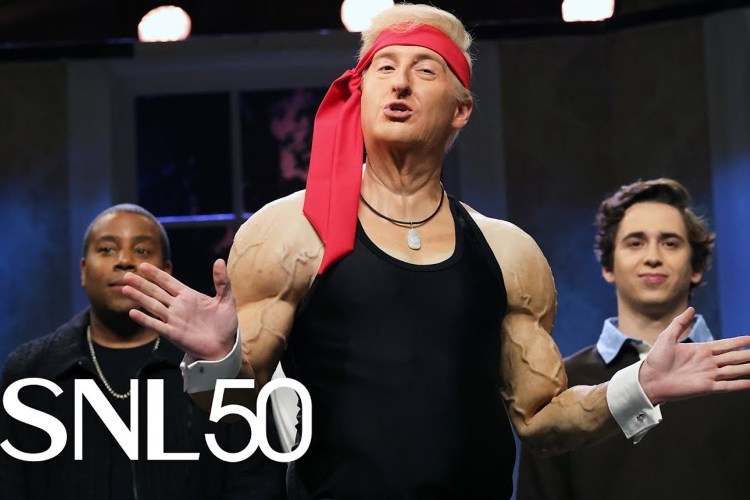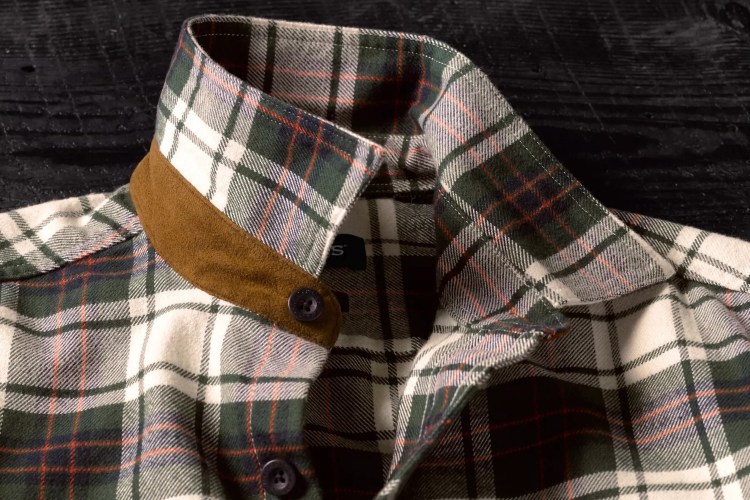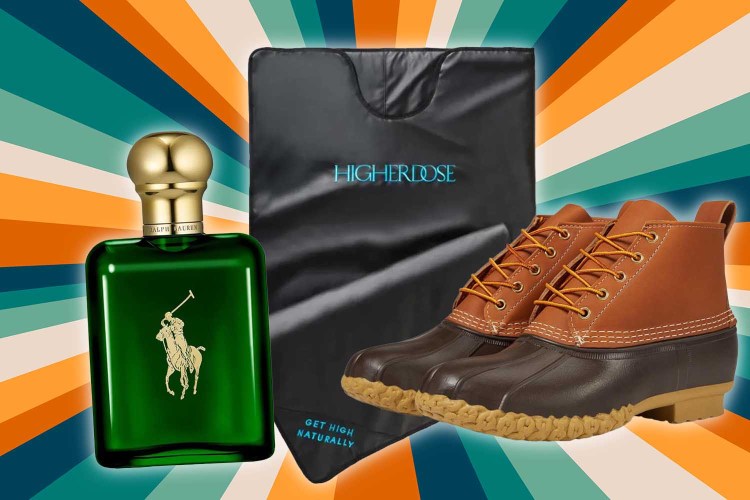For a show that boasts noted professional wrestling fan Stephen Amell (Arrow), who has appeared in some capacity on World Wrestling Entertainment, All Elite Wrestling and New Japan Pro Wrestling programming, Heels really doesn’t understand wrestling.
The show centers on Jack Spade (Amell) as he tries to salvage the family wrestling company Duffy Wrestling League (DWL) after his father’s suicide a year ago, and his brother, the preternaturally talented but arrogant Ace Spade (Alexander Ludwig).
Jack is your typical overworked and underpaid father, slugging away at a lawnmower company by day and struggling to make ends meet. Ace is young, wild and free, masking the trauma of finding his father’s body by fucking anything that moves. He has big dreams of leaving small-town Georgia and becoming a big wrestling star, but he lacks the discipline and, like Heels itself, a fundamental understanding of wrestling.
This is in contrast to the other big wrestling show of late, the gone-too-soon GLOW, which was loosely based on perhaps the scourge of the wrestling industry Gorgeous Ladies of Wrestling, an ’80s wrestling league that boasted hot models and actresses in place of trained athletes, a trend that continued until the “women’s wrestling evolution” of the past five or so years in which women wrestlers were portrayed as equal to male counterparts and not seen as eye candy.
Netflix’s GLOW was successful because it met new viewers who’d perhaps never seen wrestling before where they were at and allowed them to learn about and appreciate sports entertainment along with the characters. The season one scene in which former soap star-turned-female Hulk Hogan Debbie (Betty Gilpin) has a come-to-Jesus moment and realizes wrestling is a soap opera at its core encapsulated the ethos of the show.
Heels, on the other hand, trusts its viewers to have an assumed knowledge of wrestling. But not too much, as those who know enough about wrestling to presumably be interested in a show about wrestling (i.e., Heels’s target audience) will see through the kayfabe (wrestling’s fiction) almost immediately.
For example, Jack and Ace, whose real names and wrestling personas are synonymous, hate each other. Like a similar storyline in GLOW, Jack intentionally hurts Ace: a big no-no. The performers have to trust each other enough to put their lives in each other’s hands, so this just doesn’t fly.
Ace can’t seem to separate his character from his real life and turns his nose up at being a heel — wrestling parlance for the bad guy — whereas most wrestlers revel in being able to explore that side of themselves in the ring. Perhaps it’s because Ace is pretty heelish outside of the ring, and the best heels are usually the ones who are good people in real life. We do see some growth in Ace across the first four episodes which were made available for review, and I dare say Ace’s internal conflict is where the show draws its title from.
The third episode is when we start to see some character development from the women characters, which up until this point have been pairs of bare breasts and not much else.
It’s refreshing to see a woman in a leadership role as Jack’s business partner, Willie (Mary McCormick), but she gatekeeps DWL from Crystal (Kelli Berglund), Ace’s valet who secretly wants to be a wrestler herself, refusing to let her change in the locker room because “it’s for wrestlers,” which is just not true. (For a time I worked as kind of a cross between Willie and Crystal in a Melbourne, Australia, wrestling company, and while there was some skepticism at my arrival as a non-wrestler, the hazing was nothing like what is depicted on Heels, especially not in a post-#SpeakingOut — wrestling’s #MeToo — era.)
While Jack stresses over money, his wife Staci (Alison Luff) is for some reason a stay-at-home mom to a school-aged kid in a working-class town that is clearly still reeling from the financial crisis. The scene in which Staci, fed up with Jack saying he’s going to mow the lawn but never following through and emboldened from getting a job at the grocery store, drinks a beer as she putters along on the ride-on mower while her son plays in the backyard at dusk is *chef’s kiss*.
For this and other reasons, Heels is not all bad. Chris Bauer is fantastic as Jack and Ace’s uncle, former wrestler Wild Bill Hancock, whose political incorrectness and cowboy hat gives Michael Hayes vibes. There’s a prescient storyline involving the Black wrestlers at DWL, fed up with never getting the superstar push that their white, inexperienced colleagues enjoy. And apart from a few modern conveniences, Heels could just as easily have been set in the territory days of wrestling. Unfortunately, the regressive attitudes of that time are shared by Heels.
This article was featured in the InsideHook newsletter. Sign up now.

